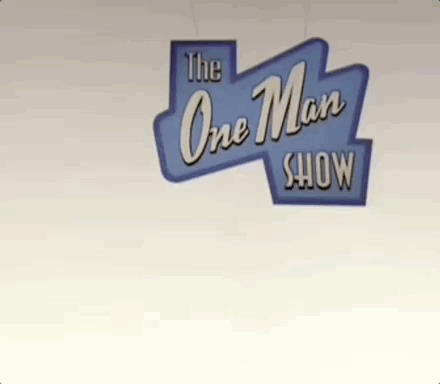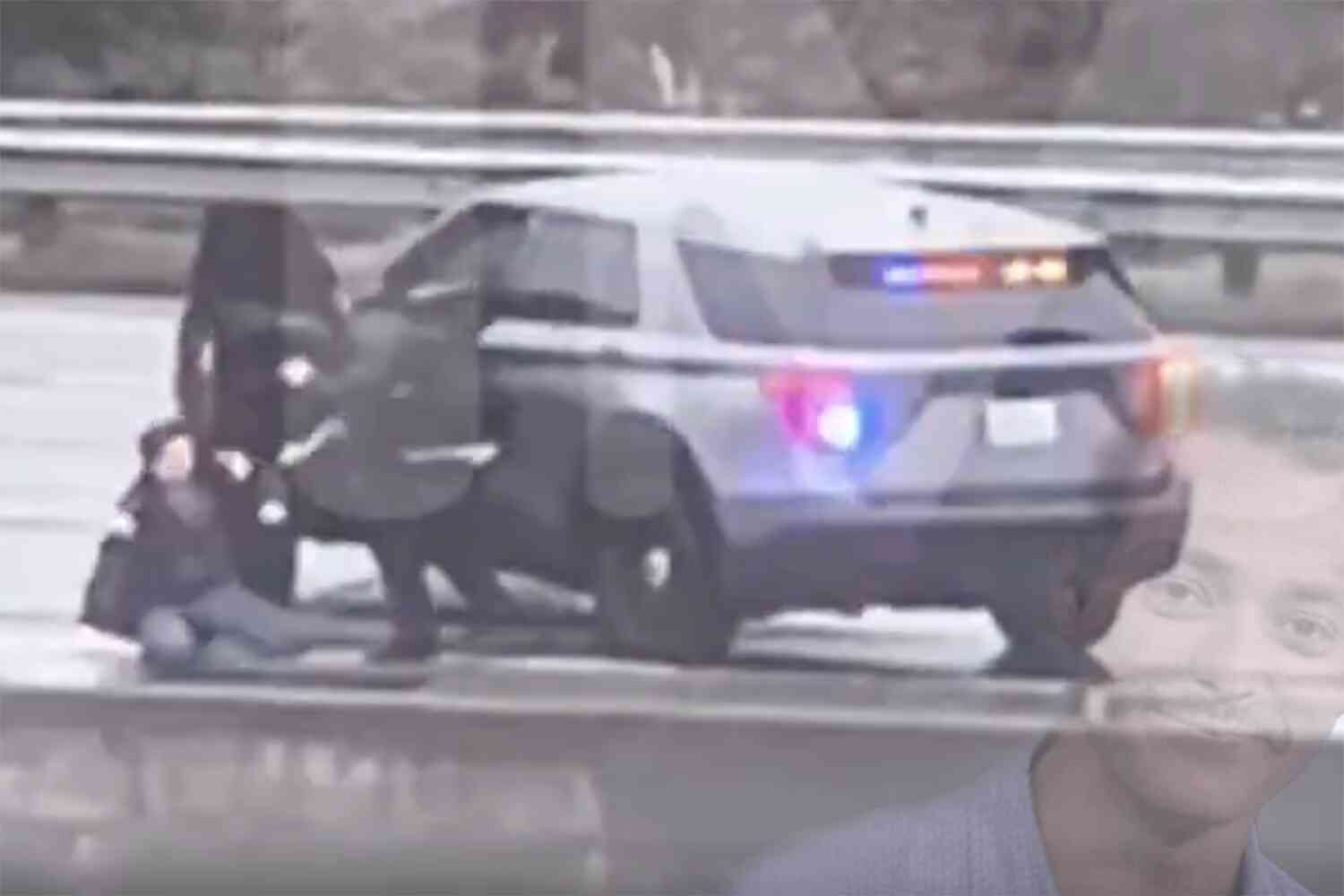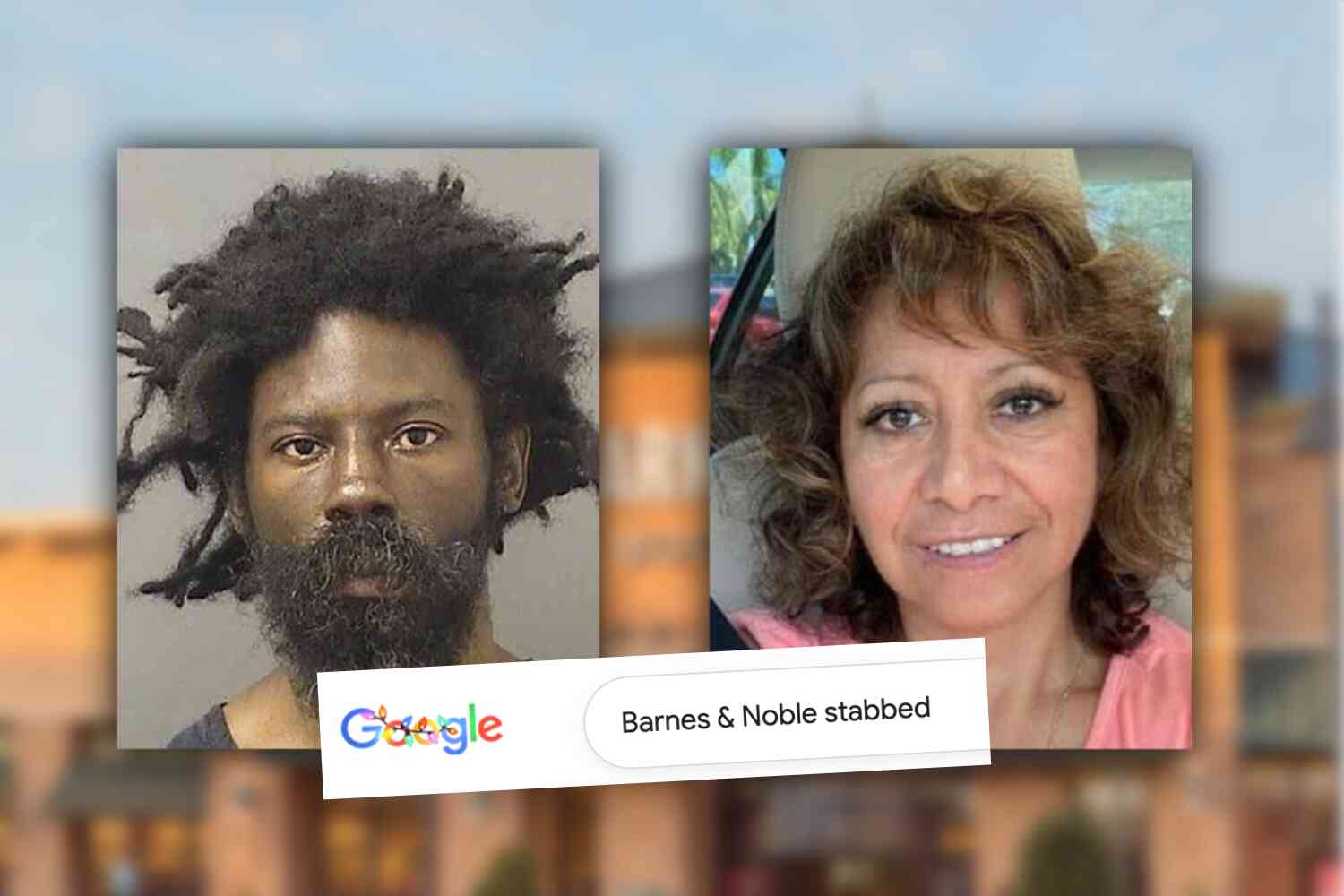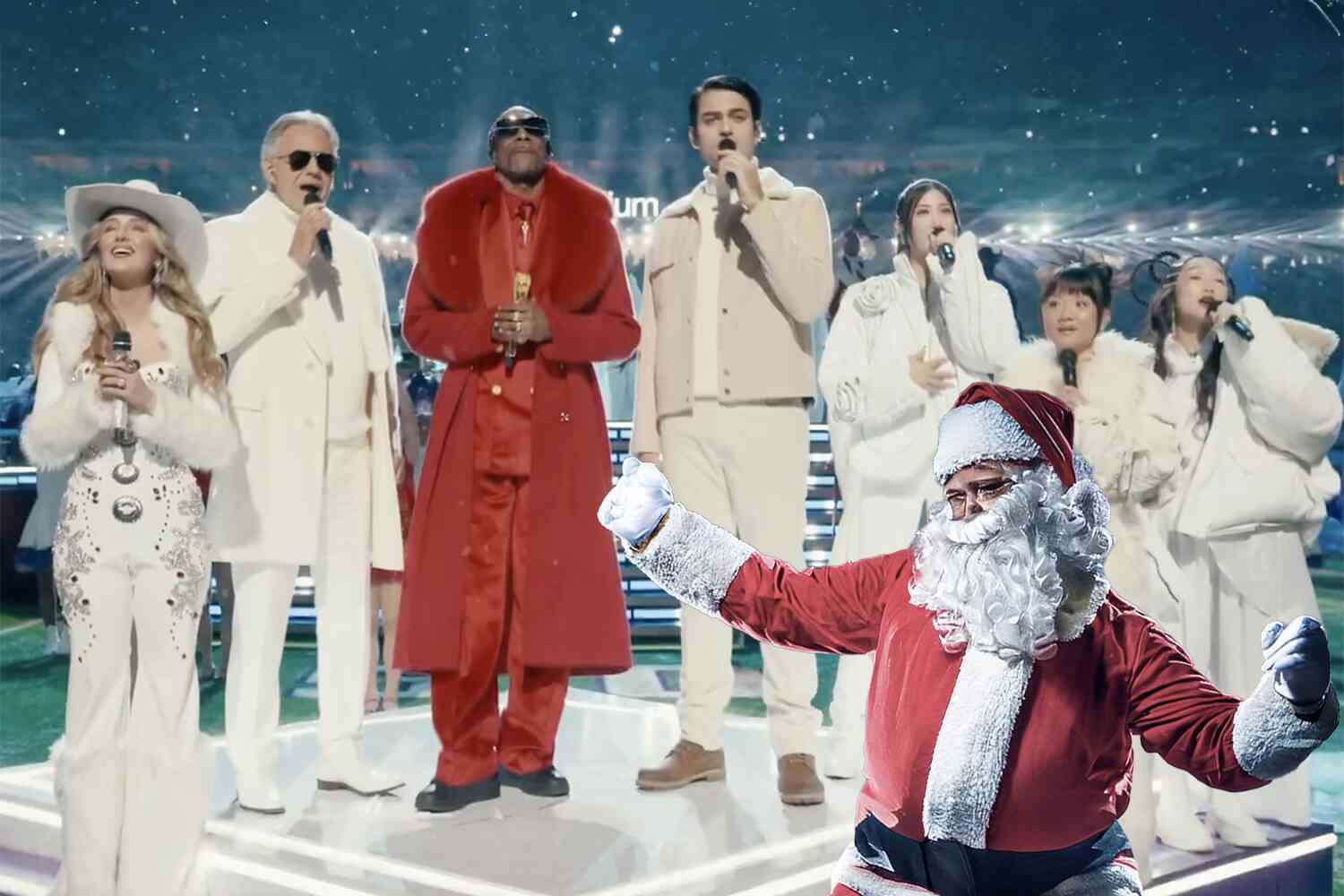It's a safe bet that if a bureaucrat or left-wing academic proposes something having to do with "equity" of any kind, it's likely a miserable plan inspired by progressive angst and Marxist ideology.
But sometimes—okay, maybe literally just this one time—it can actually be sort of, kind of, compelling:
Transportation Secretary Pete Buttigieg on Thursday launched a $1 billion first-of-its-kind pilot program aimed at helping reconnect cities and neighborhoods racially segregated or divided by road projects, pledging wide-ranging help to dozens of communities despite the program's limited dollars.
Okay, wait, before you leave the room:

Consider the setup here:
Under the Reconnecting Communities program, cities and states can now apply for the federal aid over five years to rectify harm caused by roadways that were built primarily through lower-income, Black communities after the 1950s creation of the interstate highway system.
That is certainly an historically accurate summation of what happened in the 1950s: A large number of poorer nonwhite urban communities were cleaved in two in order to make way for the interstate system. That's not surprising: The federal government is uniquely good at wrecking things, which is what they did to a whole lot of neighborhoods.

It's a fair question as to whether that sort of thing can be "rectified" after more than half a century. But Mayor Pete's proposal doesn't sound like the craziest set of ideas:
New projects could include rapid bus transit lines to link disadvantaged neighborhoods to jobs; caps built on top of highways featuring green spaces, bike lanes and pedestrian walkways to allow for safe crossings over the roadways; repurposing former rail lines; and partial removal of highways.
Hmm.

I'm not sure about the "partial removal of highways"—let's not ruin a good thing, guys—but the rest of those proposals don't sound truly awful. Some additional public transport? Urban beautification? More pedestrian-friendly infrastructure? Something to do with "former rail lines?" I don't hate all of those things.
Moreover, these sorts of projects would surely benefit everyone—the entire city, not just a single neighborhood, and moreover most of those neighborhoods are very much racially integrated at this point,. To call it a "racial equity" project is to ignore that it will likely benefit many people of many races—that's a good thing.
And I mean, look, they're asking for, what, just $1 billion? A billion bucks is nothing by federal government standards. And yet it could very well get a decent bit done if it's used right (a big if, to be sure). Heck, they built the Empire State Building for what today would be about $500,000,000—fully half of Buttigieg's budget request. Surely they could put a few "green spaces" atop some urban blight for that price tag.

Of course, there are caveats. Could ol' Mayor Pete and the federal government still somehow royally screw this up? Yes. Could the whole thing go absurdly over-budget? Yes. Could the project turn into a miserable cesspool of graft, kickbacks and profligacy? Of course.

Still, on paper this doesn't look like a terrible idea. On paper.
P.S. Now check out our latest video 👇









